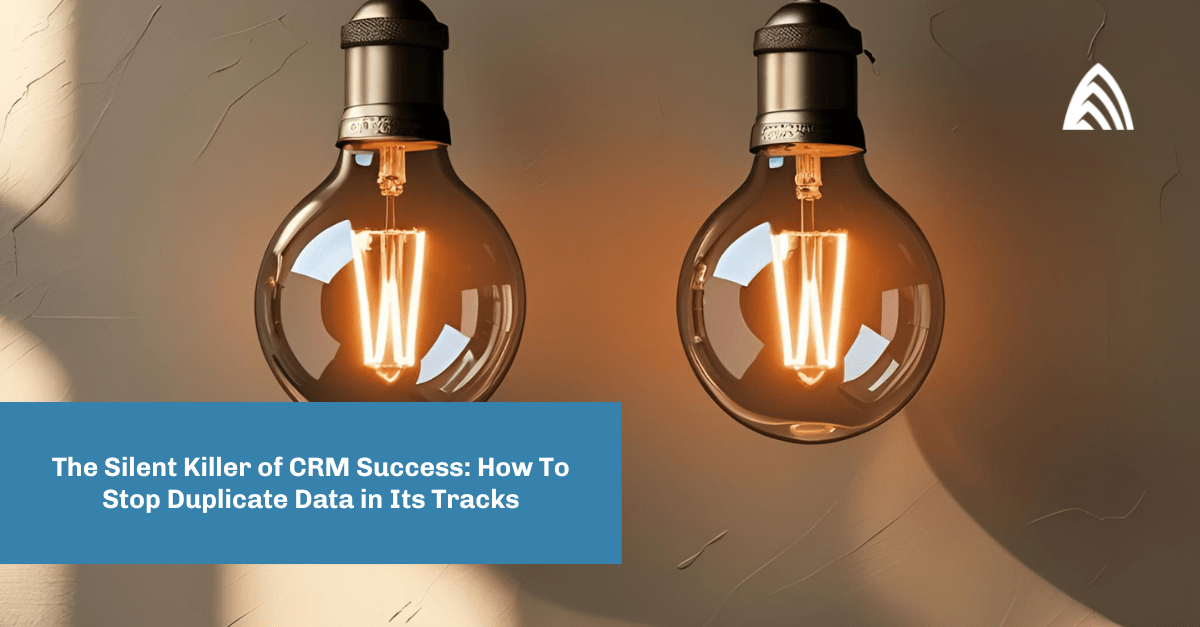With the ease and availability of analytics implementations with widespread and user-friendly tools, every organization is looking forward to leveraging data analytics and machine learning. Data collection has become easier than ever before, and while many focus on capturing and housing as much data as possible so they can leverage it for personalization, analytics, and AI, they run into a data quality issue long before they can bring those things to life.
However, just because data can be captured, does not directly translate into the value it can deliver. It’s no secret that organizations struggle with what it means to have a Salesforce data strategy.
Let’s start to look at Salesforce data quality by asking these questions:
- Why does data quality matter and what does it mean?
- How does Salesforce support data quality?
- How can Snowflake help with data quality?
- Once you’ve addressed the data quality issue, how do you maintain it?
Why does data quality matter and what does it consist of?
For many consultants in the analytics and data science ecosystem, there is a familiar quote: “Garbage in, garbage out.” Analytics and data science are highly dependent on one thing: data. The state of data that an organization has is directly related to the value it can deliver.
Working with bad-quality data can lead to failed analytics and data science initiatives when they do not deliver the desired results. This can lead to a lack of trust, redundant work, and potentially even missed opportunities for the business.
If data quality is addressed from the start, organizations can gain more knowledge from their data through successful analytics and data science initiatives, improve customer experience and efficiency, and enable informed and timely decision-making, turbocharging the start of an effective data-driven business, with a major competitive advantage.
What is meant by good data quality?
When you can capture data that answers a specific business question or drives a business decision, that is considered good-quality data. It is consistent, accurate, complete, relevant, and can be easily interpreted by users.
How does Salesforce support data quality?
Many organizations on the Salesforce platform already know the value that data can bring. However, when left unchecked, data quality issues manifest themselves in areas such as field value inconsistencies, unused objects or fields, etc.
However, Salesforce does have native functionality that can be leveraged to support data quality, such as:
- Duplicate record management through the use of matching rules. These rules can identify any existing records and alert the reps and users about potential duplicates.
- Third-party data integration through data.com or Lightning data can help in augmenting data and provide more information on a prospect or customer.
- Validation rules can help in making sure any new records or data points are in line with the configured data quality standards.
Out-of-the-box solutions from Salesforce can help in identifying the issues that may come up for new data points. However, the creation of any rule or identification of the issues requires a detailed analysis of the data, which can be made easier through the use of an external data management solution that can help with the analysis and can also work with specialized tools made for data quality management.
That’s where Snowflake comes in.
How does Snowflake support data quality management?
Traditionally, organizations have used on-premise databases which require a lot of support. The emergence of Snowflake has caused a major change in the ecosystem. Snowflake is a cloud-agnostic solution that provides a managed Data Cloud solution with automatic scalability and security features. In addition, Snowflake provides capabilities for integration with external tools and support for programming languages such as Scala, Java, and Python.
Snowflake as a database can work with open source and other data quality management solutions that are built specifically for addressing data quality concerns for an organization, and also provide out-of-the-box methods to assist with data quality analysis, such as:
Snowflake Object Tagging
Snowflake object tags allow tracking of data for:
- Compliance
- Protection
- Resource usage
- Discovery
Snowflake object tags can be assigned to different object types such as tables, views, columns, etc, and can be used for data governance and reporting operations.
Snowflake SnowSight
Snowsight is a visual interface that allows users to access or create snowflake worksheets, dashboards, data, monitoring details, and other account details. Users can access query results and associated data profiling details in a visual fashion with the details on distributions, missing data information, etc. In addition, users can also create shareable dashboards that help with data exploration.
Snowflake Stored Procedures
Unlike traditional SQL stored procedures, snowflake provides support for developing stored procedures using Java, JavaScript, Python, Scala, and Snowflake scripting language.
Using stored procedures, data quality checks can potentially be performed through rules that are created post the analysis that can be scheduled using tasks that can help in the validation and cleanup of existing data at intervals.
SnowPark
SnowPark is a library that provides API connectivity for languages such as Python to enable querying and data processing. This allows the creation of custom applications that can perform data validation, and profiling operations to check for data quality issues, generate reports, and provide recommendations to the user to fix the issues.
External Tools
Snowflake can work with external tools such as Talend Open Studio through the use of native connectors. These tools can be used to ensure that data meets the right standards identified by the business or through analysis.
Snowflake Classification
Although this feature is in public preview it is a powerful tool to help with these overarching concerns:
- Does the data object (table/view) contain PII or sensitive data?
- Where the data is stored and how long has it been stored?
- These above allow you to assess if this needs to be tagged, protected, obfuscated, or addressed in your RBAC policies.
Bringing Snowflake and Salesforce together to support an overall data strategy
With the recent news regarding expansion of the Salesforce and Snowflake partnership, it’s no surprise that the two tools together are a match made in heaven, particularly with the announcement of Salesforce Genie at Dreamforce 2022.
There are multiple out-of-the-box methods to have Snowflake and Salesforce work together seamlessly, such as:
- Sync Out allows the export of Salesforce data to Snowflake via CRM Analytics output connector for Snowflake.
- Snowflake connection allows you to sync data from Snowflake to CRM Analytics.
- Middleware solution a middleware that provides connectivity with both Salesforce and Snowflake can be used for creating a data pipeline that can help with data movement and is ideal if for some reason you don’t want to use the above two solutions.
Once you’ve addressed the data quality issue, how do you maintain it?
As it’s said, Rome wasn’t built in a day and the same applies to maintaining data quality in the organization. Data quality maintenance is an ongoing process and requires a focused effort. It’s always beneficial to start small and build upon success.
For example, identifying and fixing a business process that has a lot of issues due to data quality and making sure that the identified rules are followed across the organization.
Data quality assessment, classification, and implementation is an iterative process that requires continuous effort and investment, and leveraging the tools can help you address some of the concerns. To get the most value out of the efforts, it is crucial to have a strategic approach that creates a data-driven culture in the organization and makes everyone in the organization responsible for it.
Learn more about our Salesforce consulting services and team of certified experts.










